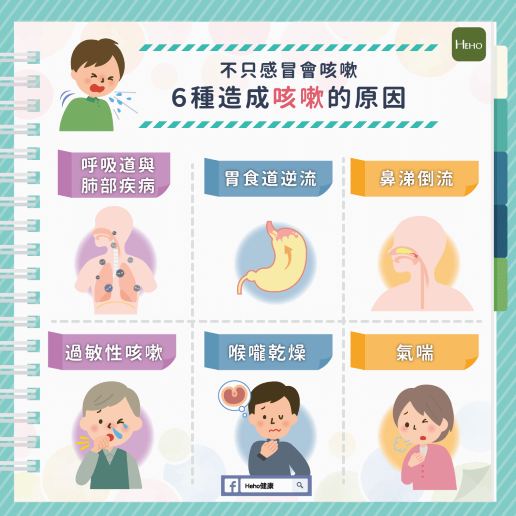Coughing is not just a sign of a common cold; it can also indicate other underlying health issues and should not be ignored. Respiratory and lung diseases, such as tuberculosis, chronic bronchitis, or lung cancer, often present with persistent coughing, yellow phlegm, weight loss, and fever. In severe cases, lung cancer patients may even experience coughing up blood.
Gastroesophageal reflux disease (GERD) can lead to dry coughing, particularly at night, accompanied by chest tightness and a burning sensation. Patients often wake up in the morning with dry mouth and bad breath, which are notable symptoms of this condition.
Postnasal drip is another common cause of coughing. Allergic rhinitis or sinusitis can cause mucus to drip into the throat, triggering a cough. Air pollution and smoking further exacerbate these symptoms. Allergic coughs, which occur when exposed to allergens, may be mistaken for colds or pneumonia. If left untreated, they can develop into asthma. If a cough persists for more than two weeks without improvement, seek medical attention promptly to determine the underlying cause. (Photo: Courtesy of Heho Health)
If a cough persists for more than two weeks without improvement, seek medical attention promptly to determine the underlying cause. (Photo: Courtesy of Heho Health)
Throat dryness or prolonged overuse of the vocal cords can also lead to coughing, particularly among menopausal women who often experience discomfort due to dry mouth. Asthma patients not only experience wheezing but also deal with coughing and nighttime chest tightness, which severely affects their sleep quality.
If a cough persists for more than two weeks without improvement, it is essential to seek medical attention promptly to identify the root cause.
This article is authorized for use by Heho Health.







